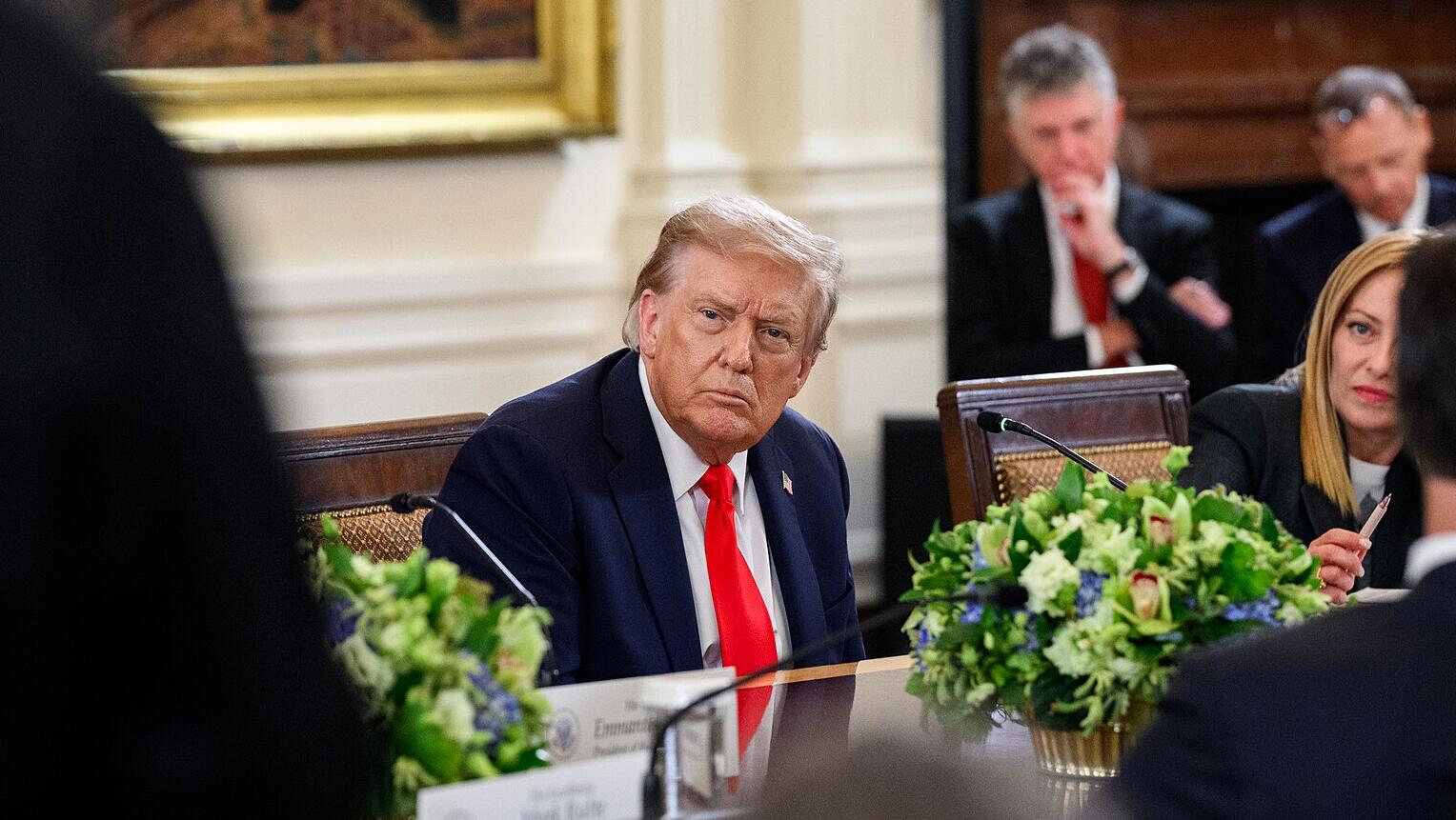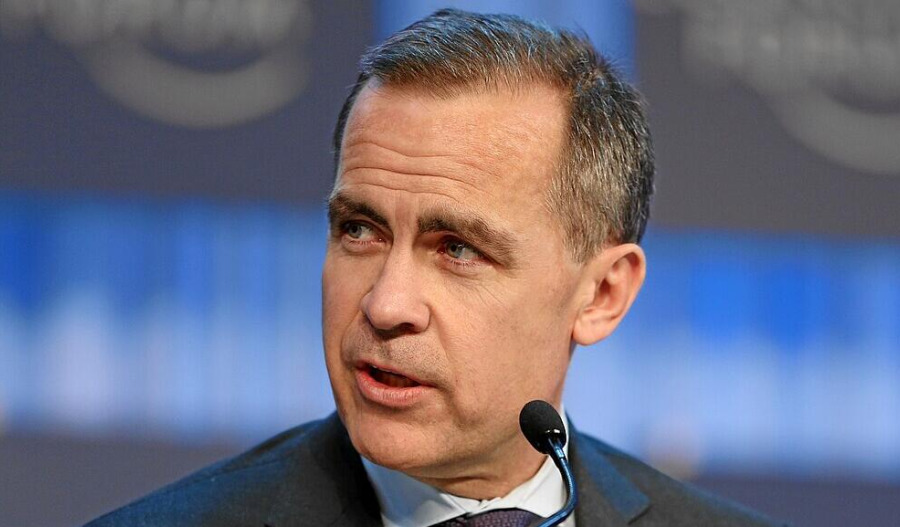The United States plans to add new tariffs and chip restrictions on countries with digital service taxes, U.S. President Donald Trump has said.
Trump claimed that these taxes would “harm, or discriminate against” U.S. technology companies. Digital service taxes are applied to the gross revenues of technology businesses for the digital services they provide, and are often exclusive to large companies like U.S.-based Meta and Alphabet.
“I put all Countries with Digital Taxes, Legislation, Rules, or Regulations, on notice that unless these discriminatory actions are removed,” Trump wrote on Truth Social.
"I, as President of the United States, will impose substantial additional Tariffs on that Country's Exports to the U.S.A., and institute Export restrictions on our Highly Protected Technology and Chips.”
Countries including the United Kingdom, France, and Spain currently have a digital service tax.
Poland’s government plans to add a tax by the end of the year, while New Zealand’s digital service tax proposal was withdrawn in May after the U.S. threatened further tariffs. Canada was set to impose a tax, but reversed course in June when Trump said he would halt trade discussions with Canada.
The European Union said last week that it would not consider changing its digital regulations to progress trade talks with the U.S., after confirming its agreement to lower U.S. tariffs.
Trump previously signed an executive order in February saying that the administration would impose tariffs on countries introducing digital service taxes or regulations.
Related content



